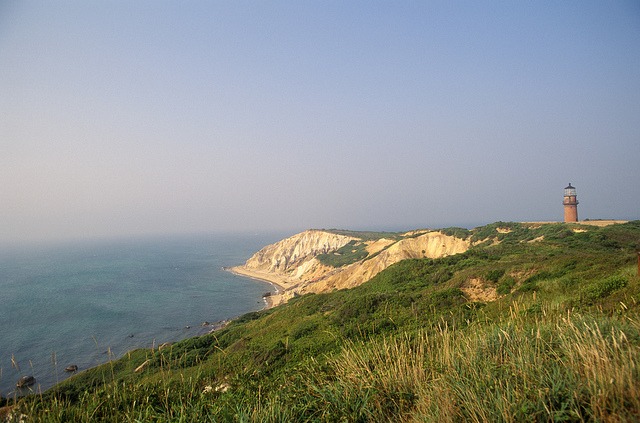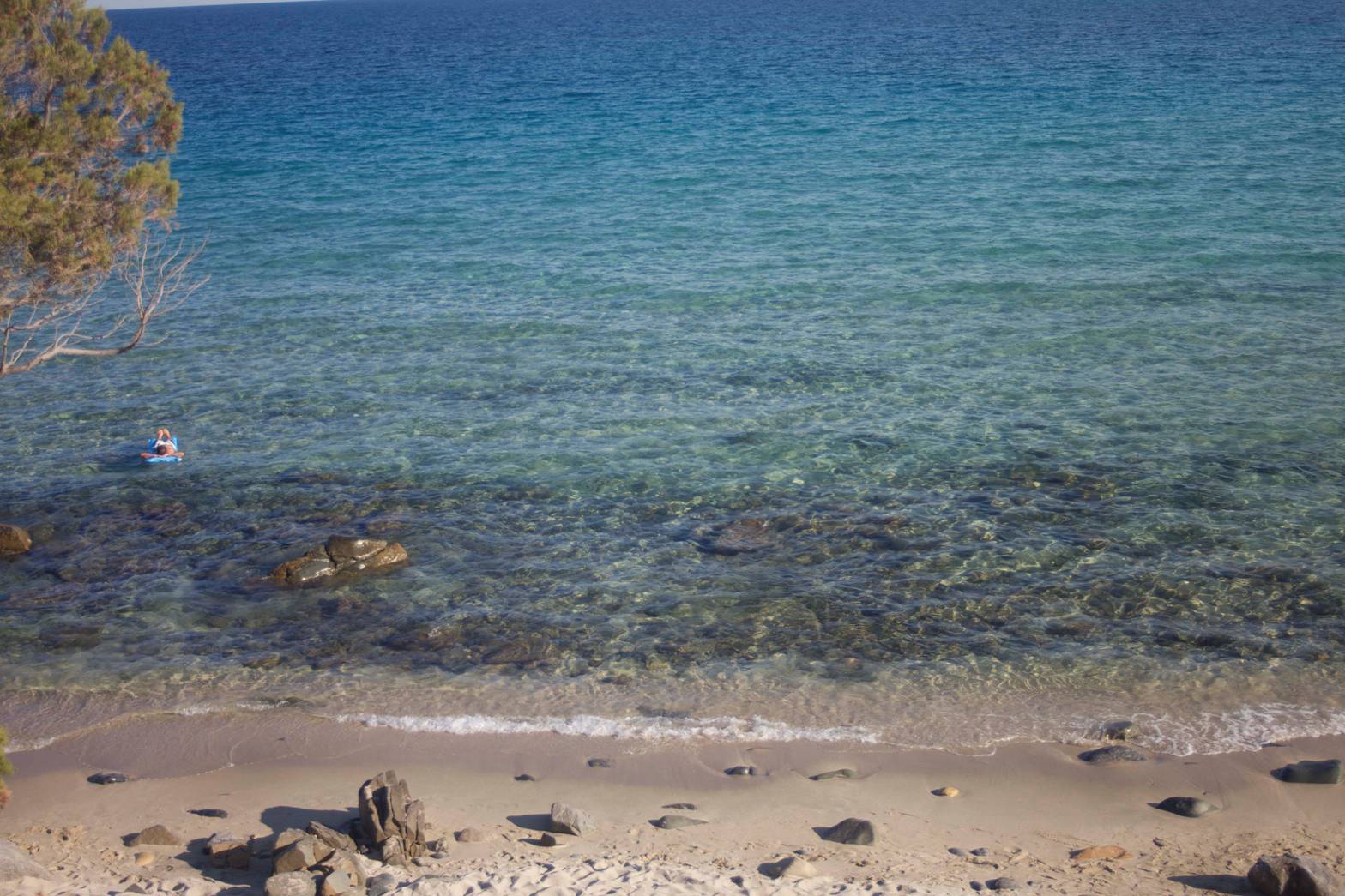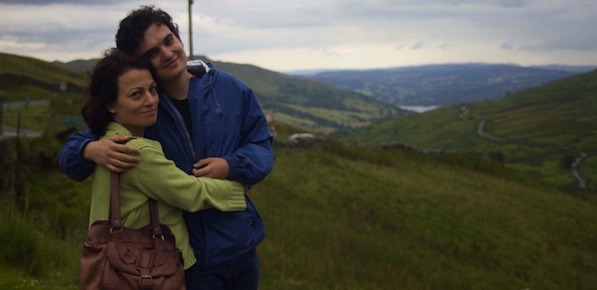Books
Scenes of Crime: Katia Lief
“Every story would be another story, and unrecognizable if it took up its characters and plot and happened somewhere else… Fiction depends for its life on place. Place is the crossroads of circumstance, the proving ground of, What happened? Who’s here? Who’s coming?…”
Eudora Welty, One Writer’s Beginnings, 1984
Bestselling crime thriller author Katia Lief was born in France to American parents, grew up on the East Coast of the USA, travelled back to Paris as a young woman and has settled in Brooklyn where she writes and teaches literature.
As a novelist, Katia frequently visits places for research and to get a sense of landscape, people and atmosphere. It certainly helps that Katia has always had the travelling bug and that her family are often able to accompany her on location.
Katia Lief has been published novelist under three different names: Katia Spiegelman, Kate Pepper, Katia Lief. Her latest crime thriller book Watch you Die has received rave reviews.
We asked Katia about her travels and how visiting locations near her home and further afield helps with storytelling, plotting and characterisations:
“Because I love to travel, you could argue that my novels are, to some degree, a travelogue of my life. In fact, I’ve found that almost anything or anywhere has the power to inspire me, whether it’s a visit to the dentist’s office, a ride on the New York City subway, or a stay in London or Sardinia or Berlin. Somehow, it will find its way into my fiction.

A beach in Cape Cod, Massachusetts where Katia Lief was inspired to write Five Days to Die.
After spending quite a lot of time with my children visiting my mother when she lived on Cape Cod, in Massachusetts, I had the idea to write Five Days to Die. Standing on her beach, looking at the lake, the idea of a mother vanishing on holiday came to me and blossomed from there. Because the Cape is a peninsula that reaches eastward into the ocean, connected to the mainland by two bridges, certain geographical elements became vital: the ubiquity of shore and beaches, the schedule of the tides, the limited means of getting off and onto the island. The salty smell of the air, the unobstructed sun, the vastness of the sky compared to Manhattan where the protagonists Emily and Will Parker usually lived. The unique culture of the Cape, both the inbred attitudes of the full-time residents and the experiences of summer visitors, was an inevitable force in how the story unfolded. Without some islanders’ inbred suspicion of outsiders, Will Parker might not have had to wait so long before he was helped at the police station after his wife disappeared. If their son David had known the lay of the land, he may not have stumbled onto the clue that propelled the ending.

Karin Schaeffer moves from Maplewood to a small apartment in Brooklyn in the novel You are Next
In You Are Next, Karin Schaeffer deliberately removes herself from her hometown of Maplewood, New Jersey to a small apartment in Brooklyn so she won’t have to be constantly reminded of her murdered family. By making her a stranger in a place I know so well, because I live there, I was able to immerse her in nuanced experiences that felt fresh to her. She could stop outside a school for an Italian ice and watch the little children who reminded her of her late daughter. She could leave her bicycle unlocked outside the library without knowing with the certainty of a long time resident that it would probably be stolen.

Both Brookyln and Martha’s Vineyard feature in Katia Lief’s novel Watch you Die
Darcy Mayhew in Watch You Die could have left her bike unlocked on Martha’s Vineyard for a year and most likely found it there when she returned. Having spent time on the Vineyard, I was able to summon the sense of privacy special to the island. By displacing Darcy to Brooklyn (another fictional widow shunted to my neighborhood), where she was confronted by a new set of rules, urban rules, her challenges were heightened when she made the grim discovery that she had a very determined stalker.

A beach in Calgari on the Island of Sardinia where much of Katia Lief’s novel Dead Rich was set
The trickiest location I’ve written about so far is probably Sardinia, where two summers ago my family and I did a home exchange with an Italian couple. We lived in each other’s houses, drove each other’s cars, slept in each other’s beds, and cared for each other’s pets. We met their best friend and they met our neighbors. It was a wonderful experience that allowed me to absorb life on the island in a more intimate way than if we had stayed in a hotel. Still, I found that when I was writing Dead Rich, much of which is set on Sardinia, research into their law enforcement and criminal justice system was complicated by the differences of culture and language. (I discovered that Google Translate actually does a pretty good job.)
The terrain on Sardinia is strikingly various, with stretches of flat land rising into mountain cliffs whose roads shuttle you along hairpin turns. The vistas of sky and sea are startling distractions as you try not to collide with oncoming traffic. Grassy mountaintops with horse trails and the densest silence you’ve ever not-heard. Sandy beaches, rocky beaches, narrow beaches, expansive beaches, crowded beaches, isolated beaches. Chasing the shadow of a gnarled old tree across an afternoon beach so you won’t go home blistered by the sun. Here in the States, our beaches don’t have good cafes that serve espresso, like some do on Sardinia. Their popsicles are different. The way sun and air and heat collide to reinvent a summer day is unique to that singular place.

Katia Lief and her son Eli next to the winding road called ‘The Struggle’ which features in her novel Dead Rich
Sardinia is in stark contrast to England, where Karin Schaeffer and her husband and fellow investigator Mac MacLeary spent a few days driving through Cumbria (just as we did) before stopping in London (ditto) and flying to Sardinia (ehem).
At the moment, I’m writing a novel with roots in Berlin, where my husband and I spent an intense and exhilarating week last summer roaming the streets, soaking up history. I came home immersed in a new fascination with World War Two and its impact on Germany’s experience of the Cold War. Most of my new novel is set in Manhattan, but the story’s shadows come straight from Berlin. Bridging that distance in a way that resonates is a new kind of challenge. I’m not sure I’ve ever experienced a place with such a singularly tormented inner life, and I’m trying to make sense of it from my desk here in Brooklyn. Whether the city itself will find its way into the novel is still an unknown, but its historical soul is at the heart of my protagonist’s dilemma.
We all know that inspiration comes from many places, and that it’s one of the most highly subjective elements of an artist’s world. Places, people, news, dreams, random thoughts, problems, changes. Even chores inspire me (luckily) when I stop griping about having to waste time on them. Once, I grudgingly took time out of my writing day to paint a yellow line to discourage cars from blocking our driveway; when I returned to my desk, my character painted a yellow line, too, only she went out to paint hers in the middle of the night and never returned. Another morning, I coiled up the hose after watering the garden on a blistering summer morning. Back at my desk, guess what my character did?
As for me, on this cold January afternoon in Brooklyn, I’m nursing a cold and sitting at my desk. A good time to plan my next trip.”
You can follow Katia Lief on Twitter read more about her on her website.

Please note: Moderation is enabled and may delay your comment being posted. There is no need to resubmit your comment. By posting a comment you are agreeing to the website Terms of Use.